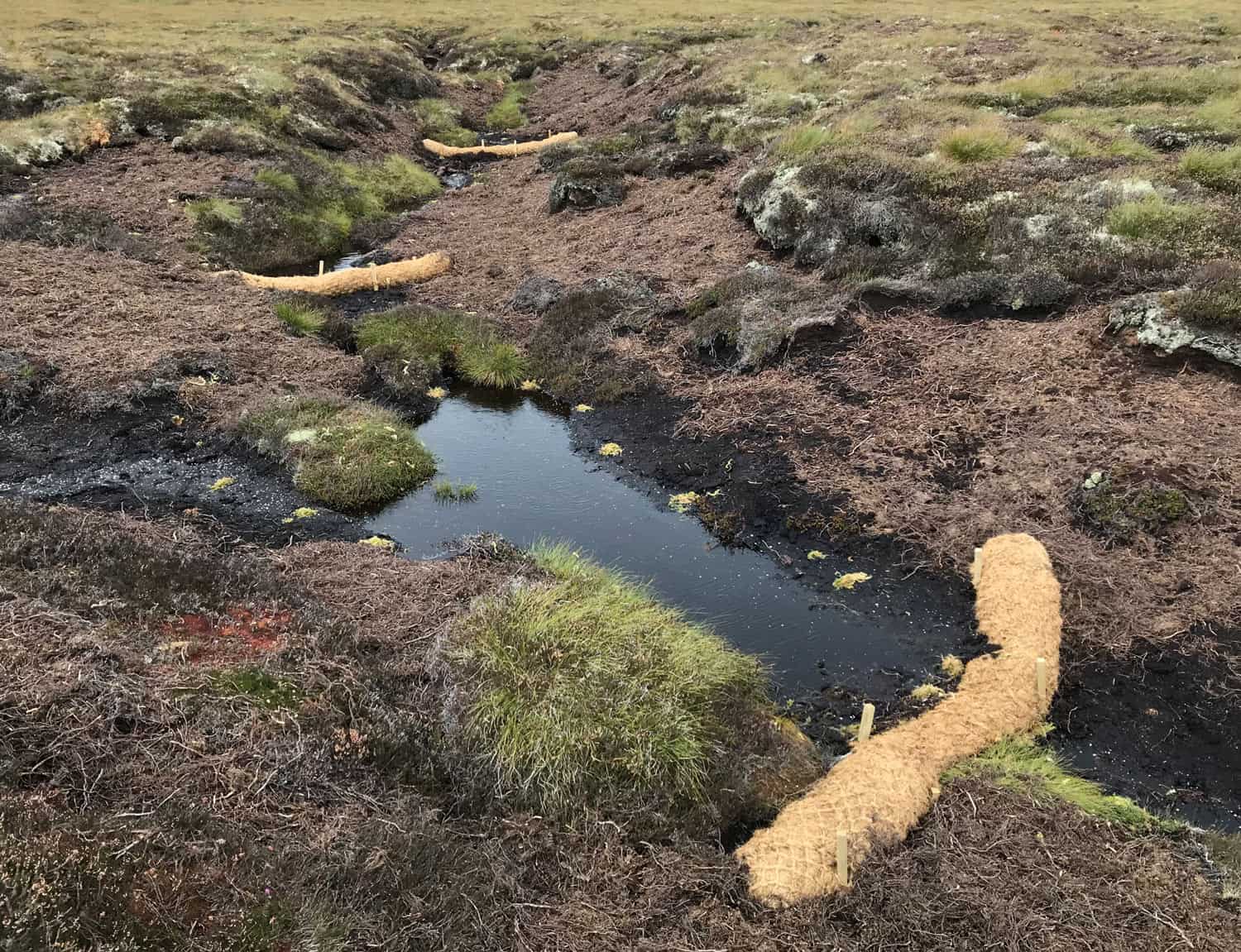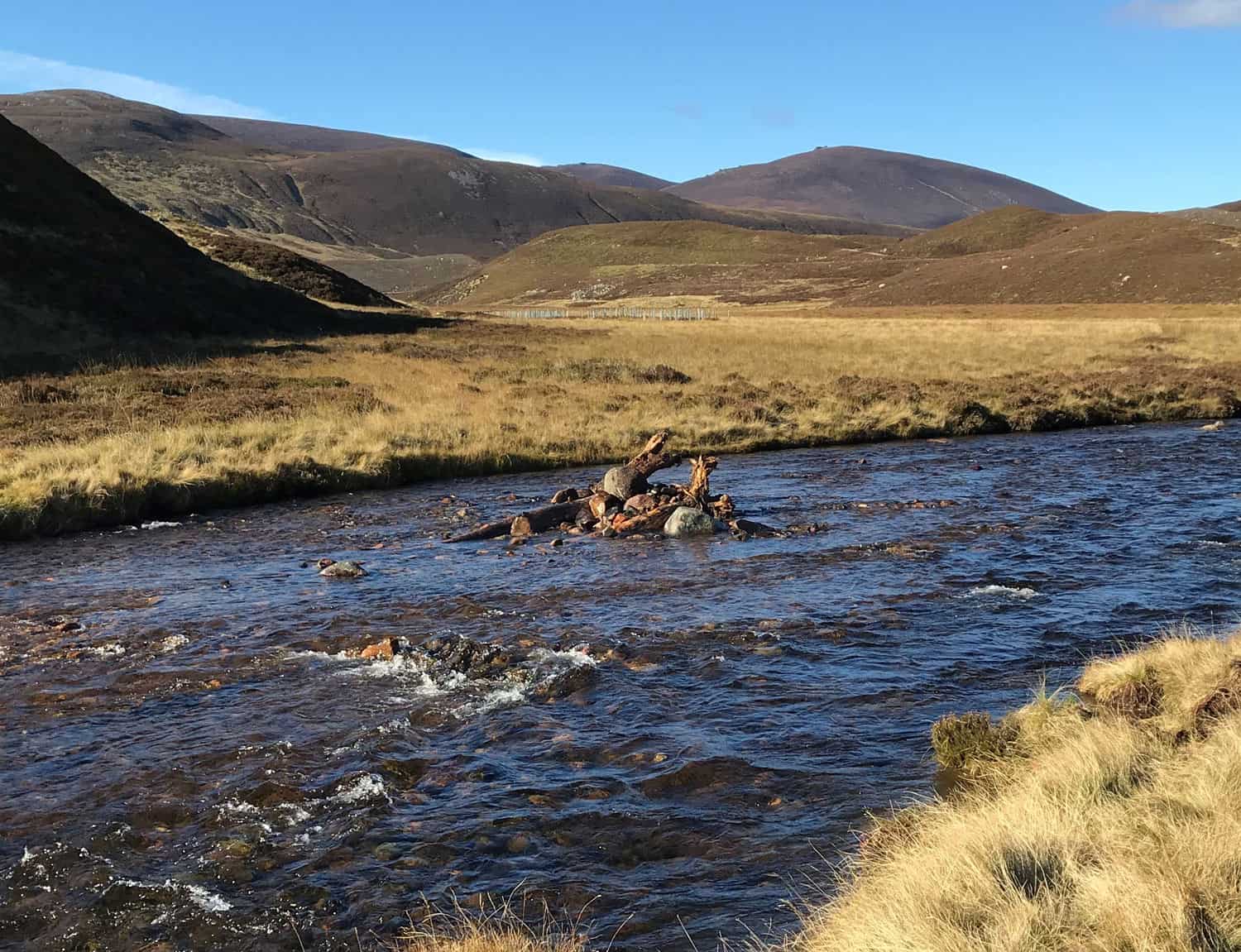
Working with nature to promote a healthy local environment
Conservation is key to its sustainability and, hence, maintaining the local economy at Invercauld that depends on it. This is particularly important as biodiversity declines at a national level. Many of our business activities help the wider conservation of the environment indirectly. Managing moorland for red grouse, for example, helps other ground nesting birds such as curlew, lapwings and golden plover; managing the water environment to benefit salmon fishing also benefits other river-based wildlife such as pearl mussels, otters and water voles.
We also undertake and facilitate specific conservation projects. Many thousands of trees have been planted along the edges of the River Dee and its tributaries on Invercauld in recent years for example.
We have also created a number of wader scrapes - shallow depressions in the ground designed to provide birds with access to water. We worked with the Dee District Salmon Fishery Board who have installed ‘woody debris’- tree trunks and their roots – deep into parts of the River Gairn to help create pools which provide a cool habitat for fish.
Many other conversation projects are planned and this is a growing area of work on the Estate.
There is a strong link between natural capital and conservation of the natural environment.
Natural capital refers to any part of the natural world that provides value to us as humans.
At a place like Invercauld, with a large area of sparsely-populated countryside, natural capital is hugely important. It includes land used for farming and woodland but also the water flowing through the Estate, the air, sequestration and storage of carbon, and the joy the natural environment brings to both local people and visitors. Whilst natural capital has been vitally important to Invercauld for centuries, it is now being recognised more widely at a national and international level.
Recent projects undertaken on the Estate include restoring eroded peatland, for example. Preventing erosion of peat and the resulting loss of carbon to the atmosphere is intended to help international efforts to reduce global warming and its impacts.
The Estate expects its involvement in new natural capital markets, such as carbon, to grow in the future as these develop and evolve.


